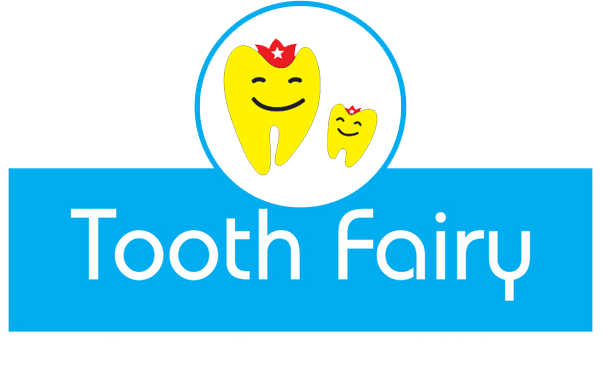Ever wondered when to brush your little one’s pearly whites? Most parents often tell me how difficult they find it is to make their children brush twice daily. Here are some tips to help parents take care of the dental health of their little ones.
1. Make brushing fun
– If children are made to feel that Brushing is a chore, they don’t get motivated to do it. For toddlers, make brushing fun with the help of videos and animations available on YouTube. There are loads of apps for Brushing teeth for your iPads and Tablets available which make brushing interesting and fun!
2. Make them a stake-holder of their health
– Involve them in the decision-making process for their healthcare needs. If children feel that they are part of the healthcare process and are made to understand the importance of home care, hygiene, and tooth-brushing, they are more likely to take interest in it. Rather than simply instructing them to brush, talk to children about dental health, cavities, and how to prevent dental problems at home.

3. Let them play-brush!
Most often, toddlers emulate their older siblings/parents. They like to do things on their own. Psychologically, between the ages of 3 and 5, children are learning autonomy and industry. This means they simply WANT to do everything on their own and hate parents doing things for them.
They want to impress parents by showing off the new skills they learned. Brushing is the same at this age. They will want to do it on their own – so let them first brush on their own. Once done, parents MUST brush the child’s teeth as the manual dexterity and skill needed are not developed yet!
Letting the child also brush helps in developing their autonomy. Curbing them fills them with doubt and can lead to low self-esteem and children can become timid in their later years.
4. With children, counter-conditioning works!
During primary school years, some children like to do the opposite of the things they are asked to. Therefore direct statements like, “You have to brush your teeth” will be met with resistance. Instead, try saying – “Let’s make your teeth stronger by brushing them!”
5. Reward them for being consistent
– Make a chart and put it on the bathroom door. Make the child check-off every week that the child has brushed his teeth twice (using stickers/stars/smileys help). Set goals every week and reward your child for the goals that he/she has accomplished.
6. Never make brushing seem like punishment
– Connoting/implying oral hygiene in a negative light can make children feel like brushing is a punishment! Use positive phrases and statements with habits you want your child to pick up.
7. Children see – Children Do!
Children learn from example. They repeat what they see their parents do. The best way to teach children to brush twice is to DO it yourself!

